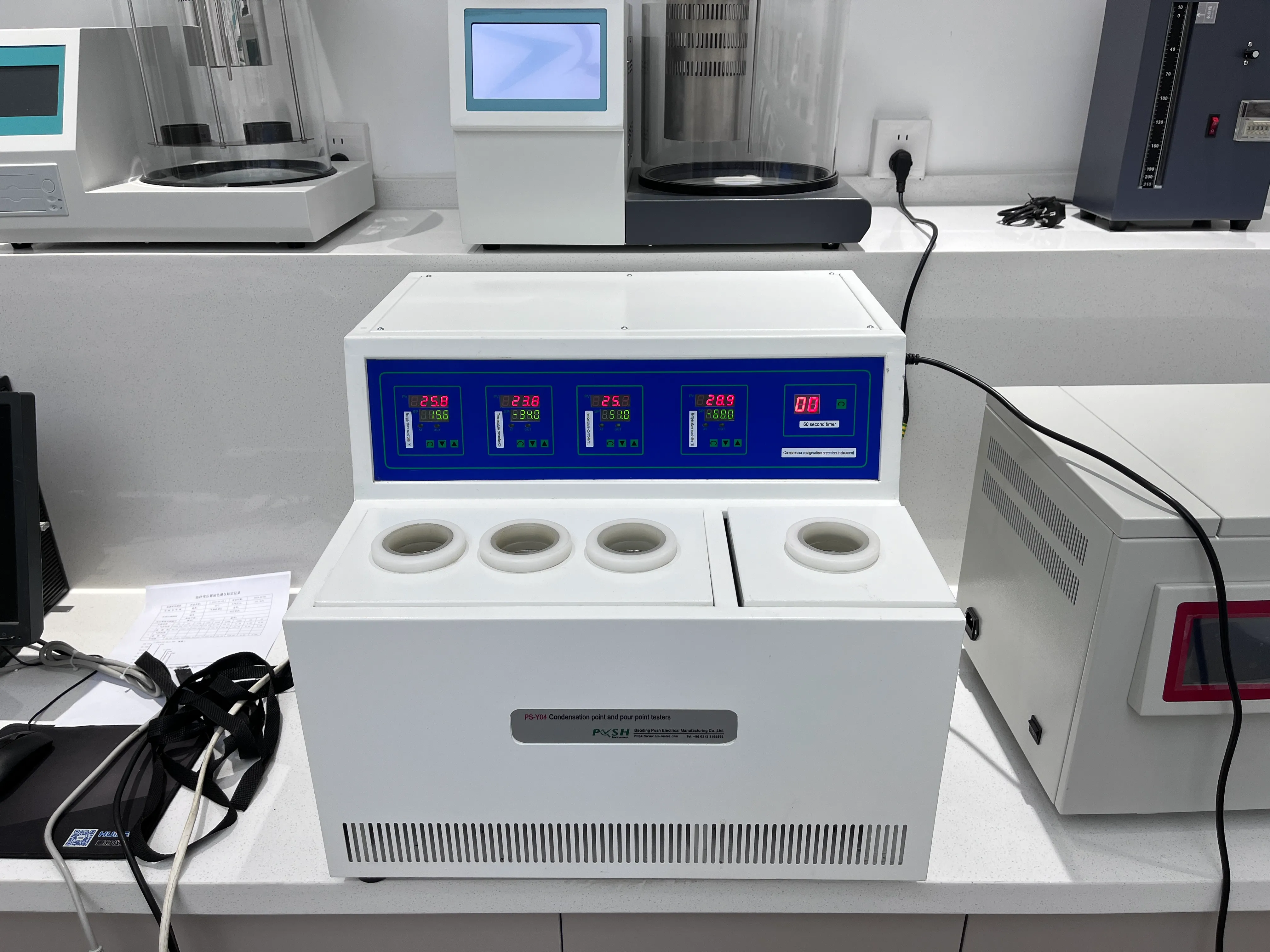 English
English



-
 Afrikaans
Afrikaans -
 Albanian
Albanian -
 Amharic
Amharic -
 Arabic
Arabic -
 Armenian
Armenian -
 Azerbaijani
Azerbaijani -
 Basque
Basque -
 Belarusian
Belarusian -
 Bengali
Bengali -
 Bosnian
Bosnian -
 Bulgarian
Bulgarian -
 Catalan
Catalan -
 Cebuano
Cebuano -
 China
China -
 China (Taiwan)
China (Taiwan) -
 Corsican
Corsican -
 Croatian
Croatian -
 Czech
Czech -
 Danish
Danish -
 Dutch
Dutch -
 English
English -
 Esperanto
Esperanto -
 Estonian
Estonian -
 Finnish
Finnish -
 French
French -
 Frisian
Frisian -
 Galician
Galician -
 Georgian
Georgian -
 German
German -
 Greek
Greek -
 Gujarati
Gujarati -
 Haitian Creole
Haitian Creole -
 hausa
hausa -
 hawaiian
hawaiian -
 Hebrew
Hebrew -
 Hindi
Hindi -
 Miao
Miao -
 Hungarian
Hungarian -
 Icelandic
Icelandic -
 igbo
igbo -
 Indonesian
Indonesian -
 irish
irish -
 Italian
Italian -
 Japanese
Japanese -
 Javanese
Javanese -
 Kannada
Kannada -
 kazakh
kazakh -
 Khmer
Khmer -
 Rwandese
Rwandese -
 Korean
Korean -
 Kurdish
Kurdish -
 Kyrgyz
Kyrgyz -
 Lao
Lao -
 Latin
Latin -
 Latvian
Latvian -
 Lithuanian
Lithuanian -
 Luxembourgish
Luxembourgish -
 Macedonian
Macedonian -
 Malgashi
Malgashi -
 Malay
Malay -
 Malayalam
Malayalam -
 Maltese
Maltese -
 Maori
Maori -
 Marathi
Marathi -
 Mongolian
Mongolian -
 Myanmar
Myanmar -
 Nepali
Nepali -
 Norwegian
Norwegian -
 Norwegian
Norwegian -
 Occitan
Occitan -
 Pashto
Pashto -
 Persian
Persian -
 Polish
Polish -
 Portuguese
Portuguese -
 Punjabi
Punjabi -
 Romanian
Romanian -
 Russian
Russian -
 Samoan
Samoan -
 Scottish Gaelic
Scottish Gaelic -
 Serbian
Serbian -
 Sesotho
Sesotho -
 Shona
Shona -
 Sindhi
Sindhi -
 Sinhala
Sinhala -
 Slovak
Slovak -
 Slovenian
Slovenian -
 Somali
Somali -
 Spanish
Spanish -
 Sundanese
Sundanese -
 Swahili
Swahili -
 Swedish
Swedish -
 Tagalog
Tagalog -
 Tajik
Tajik -
 Tamil
Tamil -
 Tatar
Tatar -
 Telugu
Telugu -
 Thai
Thai -
 Turkish
Turkish -
 Turkmen
Turkmen -
 Ukrainian
Ukrainian -
 Urdu
Urdu -
 Uighur
Uighur -
 Uzbek
Uzbek -
 Vietnamese
Vietnamese -
 Welsh
Welsh -
 Bantu
Bantu -
 Yiddish
Yiddish -
 Yoruba
Yoruba -
 Zulu
Zulu
Oil Viscosity Testing Equipment for Accurate Measurement and Quality Control
Understanding Viscosity Testers for Oil Importance and Functionality
Viscosity is a fundamental property of fluids that reflects their resistance to flow. In the oil industry, measuring viscosity is crucial as it directly affects the performance and behavior of lubricants and fuels. A viscosity tester for oil is an essential instrument used to quantify this attribute, ensuring the quality and efficiency of petroleum products.
The Significance of Viscosity in Oil
Viscosity influences how oil behaves under different temperatures and pressures, directly impacting its lubricating properties and the efficiency of machinery. Inadequate viscosity can lead to problems such as increased wear and tear on engine components, suboptimal fuel consumption, and even catastrophic engine failure. For manufacturers and users of oil and lubricants, understanding viscosity is essential to ensure compliance with industry standards and to optimize product performance.
Types of Viscosity Testers
Viscosity testers come in various forms, each suitable for different applications. The most common types include
1. Capillary Viscometers These devices measure the time it takes for a known volume of fluid to flow through a thin tube under the influence of gravity. The results can be used to calculate the kinematic viscosity of the oil, providing a precise measurement essential for quality assurance.
2. Rotational Viscometers These testers assess the viscosity of fluids by rotating a spindle in the oil sample. The torque required to turn the spindle indicates the oil’s resistance to flow, thus determining its viscosity. This type is particularly valuable for thicker oils and those that require rapid testing processes.
3. Falling Ball Viscometers In this methodology, a ball is allowed to fall through the oil, and the time it takes to descend a specific distance is measured. This technique is straightforward and effective for gauging the viscosity of lighter oils and fuels.
The Testing Process
viscosity tester for oil

Using a viscosity tester involves several critical steps
1. Sample Preparation The oil sample must be collected under standard conditions to avoid contamination or changes in viscosity. It's essential to ensure that the sample is homogeneous and free from bubbles.
2. Calibration Before conducting the test, the viscosity tester should be calibrated according to the manufacturer’s specifications to ensure accurate readings.
3. Testing The sample is placed in the viscometer, and the appropriate method (capillary, rotational, or falling ball) is applied. The tester records the time or torque, which is then converted into a viscosity measurement.
4. Data Analysis The results need to be analyzed and compared against industry standards to determine if the oil meets the required specifications.
Applications in the Industry
Viscosity testers are indispensable across various sectors, including automotive, manufacturing, and lubricants production. In the automotive industry, ensuring that engine oils maintain an optimal viscosity is vital for performance and longevity. In manufacturing, the viscosity of lubricants directly impacts machinery efficiency, reducing operational costs and downtime. Moreover, regulatory agencies often mandate viscosity testing to ensure product safety and performance.
Conclusion
In conclusion, viscosity testers for oil play a critical role in maintaining the quality and performance of petroleum products. By providing accurate and reliable viscosity measurements, these devices help manufacturers and users alike make informed decisions about lubricant selection and usage. As industries continue to innovate and demand higher standards, the significance of these testing instruments will only grow, underscoring their importance in the oil and lubricants sector. Investing in quality viscosity testing equipment is not just a requirement; it is a commitment to operational excellence and sustainability in today’s competitive market.
-
Testing Equipment Industry Sees Major Advancements in 2025: Smart & Precision Technologies Lead the WayNewsJun.06,2025
-
Applications of Direct Current Generators in Renewable Energy SystemsNewsJun.05,2025
-
Hipot Tester Calibration and Accuracy GuidelinesNewsJun.05,2025
-
Digital Circuit Breaker Analyzer Features and BenefitsNewsJun.05,2025
-
Benefits of Real-Time Power Quality Monitoring Devices for Industrial EfficiencyNewsJun.05,2025
-
Earth Fault Loop Testing in High-Rise Building Electrical SystemsNewsJun.05,2025



